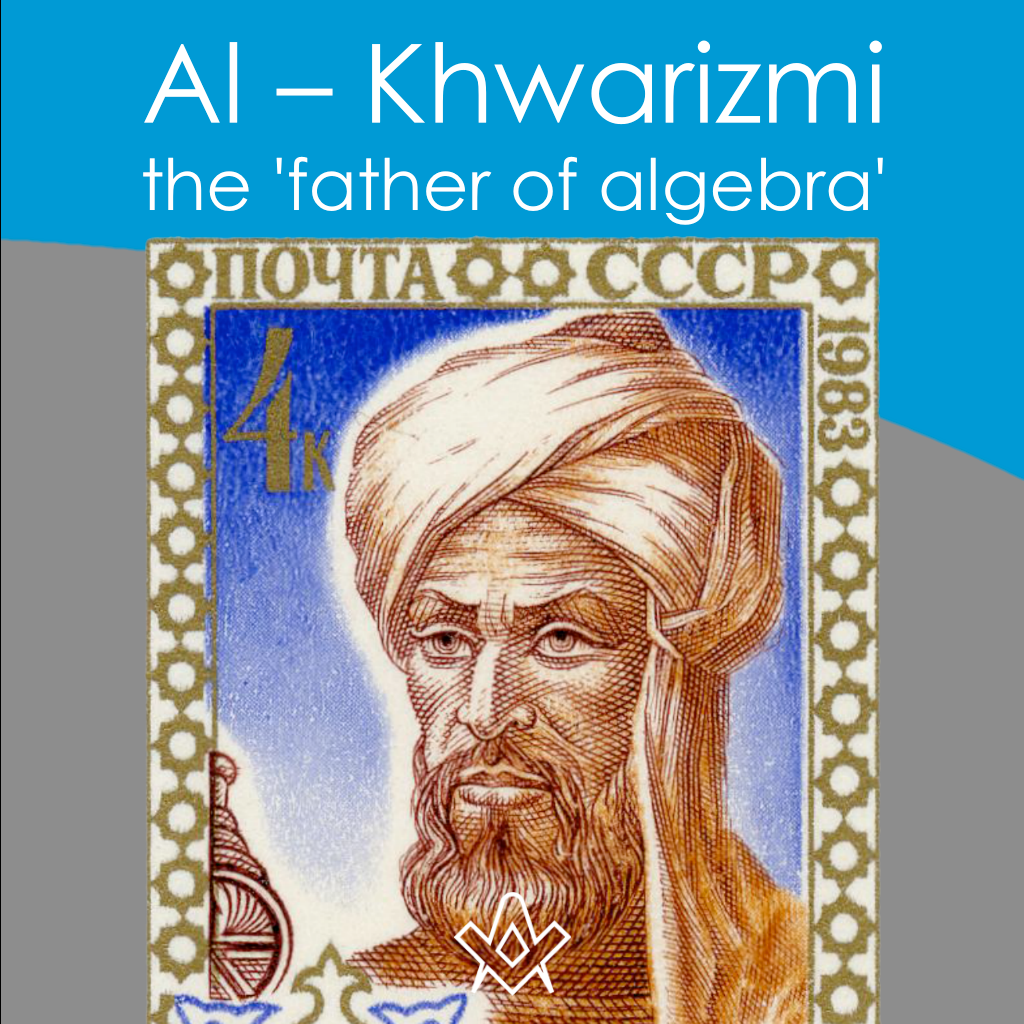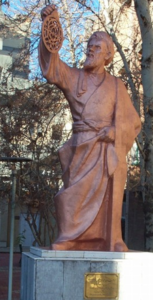If you want to know who was to blame for all those algebra lessons, look no further than Muḥammad ibn Mūsā al-Khwārizmī (c.780-c.850).
Al- Khwārizmī was a polymath of Persian descent, whose works on mathematics, astronomy, and geography are world renowned.
Little is known of his early life but his treatise on algebra, The Compendious Book on Calculation by Completion and Balancing (also known as Al-jabr), became a revolutionary work in the history of mathematics.
It established algebra as an independent discipline – coining the term “algebra”, which was derived from “Al-jabr”, meaning “completing” or “rejoining”. He presented the first systematic solution of linear and quadratic equations and one of his principal achievements in algebra was his demonstration of how to solve quadratic equations by completing the square.
He wrote this treatise around 820 CE, when he was appointed as an astronomer and head of the library at the House of Wisdom in Baghdad, where learned men gathered to translate scientific works.
Statue of al-Khwārizmī carrying Astrolabe in Amir Kabir University, Tehran
IMAGE LINKED: wikimedia
Al-Khwārizmī was heavily influenced by the Hindus and it is due to his determined study and translation of their texts that he can be credited with introducing to the Western world, not only the decimal positional system, but also the use of Arabic numerals in mathematics via the Hindu–Arabic numeral system.
This is a decimal place-value numeral system that uses a zero glyph. Its glyphs descended from the Indian Brahmi numerals, first described outside India in Al–Khwarizmi’s On the Calculation with Hindu Numerals (ca. 825), and Al-Kindi’s four-volume work On the Use of the Indian Numerals (ca. 830).
The Hindu number system, with its incorporation of a symbol for zero, was introduced to Europe via a Latin translation (De numero indorum; On the Hindu Art of Reckoning) of al-Khwarizmi’s work.
Only the Latin translation remains but it seems very likely that al-Khwarizmi was the first mathematician to expound the new number system systematically in Arabic. The term “algorithm” (a rule of calculation) is a variant form of his name.
Al-Khwārizmī’s teachings are considered the foundations and cornerstone of the sciences and influenced millions of learned men throughout the world.
During the late Medieval period, his work on arithmetic and astronomy contributed to the system of education made up of the Seven Liberal Arts. His form of elementary algebra was highly practical, and his book was intended as an introduction to being able to solve real life problems – he stated that the purpose was to offer:
“what is easiest and most useful in arithmetic, such as men constantly require in cases of inheritance, legacies, partition, lawsuits, and trade, and in all their dealings with one another, or where the measuring of lands, the digging of canals, geometrical computations, and other objects of various sorts and kinds are concerned”.
Liberal arts and sciences is the term given to an education based on classical antiquity. It is meant to be a practical education which develops mental capacity.
It was designed in the late medieval period (12th/13th centuries) using ideas from Ancient Greek and Roman culture. During the Middle Ages, the liberal arts were central to university education.
It is comprised of two sets of disciplines known as the Trivium (from the Latin tres via – the ‘three ways’) and the Quadrivium (the ‘four ways’):
Trivium
- Grammar
- Dialectic (logic)
- Rhetoric
Quadrivium
- Arithmetic
- Geometry
- Astronomy
- Music
The Trivium is seen as the foundation – the use of the senses and the ability to communicate precisely in and about the world – and the Quadrivium contains those subjects that build upon the foundation.
If you imagine that the Trivium was the equivalent of a Bachelor’s degree (BA), the Quadrivium was the Masters (MA).
This short ~5mins youtube video by Sic Show provides a perfect summary of Al-Khwarizmi
Source and further reading:
https://en.wikipedia.org/wiki/Muhammad_ibn_Musa_al-Khwarizmi
Recent Articles: skills
 7 Soft Skills Taught In Freemasonry Discover how Freemasonry nurtures seven irreplaceable soft skills—collaboration; Communication, Teamwork, Empathy, Flexibility, Conflict Resolution, Active Listening, and Trustworthiness. Explore how these essential human attributes, grounded in emotional intelligence and ethical judgment, remain beyond the reach of AI. |
 Freemasonry and Reskilling in the age of AI The article explores the challenges and strategies organizations face in reskilling their workforce in the era of automation and artificial intelligence. It highlights the need for companies to view reskilling as a strategic imperative and involve leaders and managers in the process. The article also emphasizes the importance of change management, designing programs from the employee's perspective, and partnering with external entities. |
 Ten Central Commandments or Principles of Freemasonry Embrace the wisdom of Freemasonry's teachings in your personal journey towards self-improvement and stronger leadership. By upholding virtues of integrity, compassion, and respect, and uniting these with a commitment to continuous learning and social responsibility, inspire change. Transform yourself and the world around you, fostering a legacy of positivity and enlightenment. |
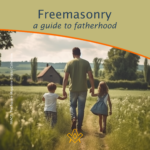 Freemasonry: A Guide to Fatherhood In the sacred halls of Freemasonry, fathers discover a hidden power to transform their parenting journey. With its timeless values, supportive community, and life-enriching teachings, Freemasonry empowers fathers to provide a moral compass, foster self-improvement, build stronger connections, and embrace the confidence and wisdom needed to navigate the complex realm of fatherhood. |
 Courage as a core value in Freemasonry Freemasonry, a revered fraternity, prioritizes virtues like honesty and charity. However, courage is foundational. From Plato to Maya Angelou, courage is vital for other virtues. Freemasonry's teachings, referencing events like Gettysburg, emphasize diverse courage forms. In today's divided world, Masons promote and exemplify courage, understanding its importance in facing challenges. |
 How Freemasonry Cultivates Ideal Entrepreneurial Traits Freemasonry's cryptic rituals hold timeless lessons for building entrepreneurial greatness. Through tests of passion, vision and skill, Masonic teachings forge ideal traits like grit, creativity and alliance-making needed to seize opportunity and elevate enterprises. The right commitment unlocks code for entrepreneurial success. |
 What you see praiseworthy in others "What you see praiseworthy in others, carefully imitate, and what in them may appear defective, you will in yourself amend". This passage of Masonic ritual (Taylors Working, Address to the w |
 How to Learn Ritual with a Learning Disorder So what do you do when faced with that little blue book? Most Masons when first looking at the ritual book can understandably be fazed – the tiny print, the missing words, the questions and answers! Learning ritual can be a challenging task for anyone, especially individuals with learning disorders, but it is not impossible. Here are some tips to help make the process easier. |
 A "mind palace", also known as a "memory palace", is a technique for memorizing and recalling information. How would your life change if you could remember anything and everything? Discover the 'Mind Palace' and all will be revealed. |
 What is leadership and who does freemasonry help develop those skills needed to be a better leader |
 A story of the 'Ruffians' – those individuals whose paths cross ours, who feel entitled to seize and consume the property of others that they have not earned. A lesson to build character to be a better citizen of the world. |
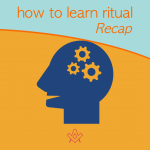 Now we are back in the Lodge room once again, maybe it is time to review how we learn and deliver ritual and look at different ways of improving that process. |
 Making an advancement in Masonic Knowledge can become far easier when you 'learn how to learn'. |
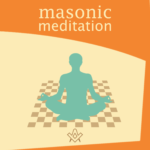 Learn how to practise Masonic meditation in a busy world with all its care and employments |
 Struggling to learn your ritual? Become a 5-Minute Ritualist with the aid of a book of the same name. |
 Day in the life of a Freemason As we start a new year, maybe start it with a new habit? |
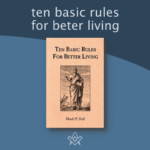 Ten Basic Rules For Better Living Ten Basic Rules For Better Living by Manly P Hall |
 How can we use masonic leadership skills to avoid confrontational situations? |
 How the Trivium is applied to Critical Thinking - {who, what, where, when} - {how} - {why} |
 The Seven Liberal Arts - why 'seven', why 'liberal', why 'arts'? |
 How to improve your public speaking skill with 6 techniques |
 Do you need to speak in public, or present Masonic ritual without notes ? |
 What are logical Fallacies and how to spot them |
 Share one easy tip to learn masonic ritual; Some good tips from Facebook followers |
 How can we use the 7 secrets of the greatest speakers in history |
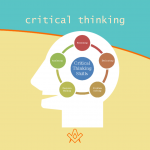 What is a critical thinker and what are their characteristics? |
 Share one personal skill Freemasonry helped you to improve? How can we make practical use of the lessons taught in Masonic writings? |
 An introduction to the art of public speaking - speak with confidence |
 Seven Liberal Arts and Sciences What do you know about Seven Liberal Arts and Sciences |
 Three Words That Will Change Your Life This article discuss a common situation found in many lodges - a difficulty in holding a conversation with a stranger. |
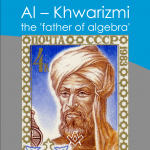 Al - Khwarizmi live c750 - c820 is credited as being the father of Algebra, being asked what is Man, give his answer in an algebraic expression |
masonic knowledge
to be a better citizen of the world
share the square with two brothers

click image to open email app on mobile device
Tubal Cain
Masonic Apron NFT
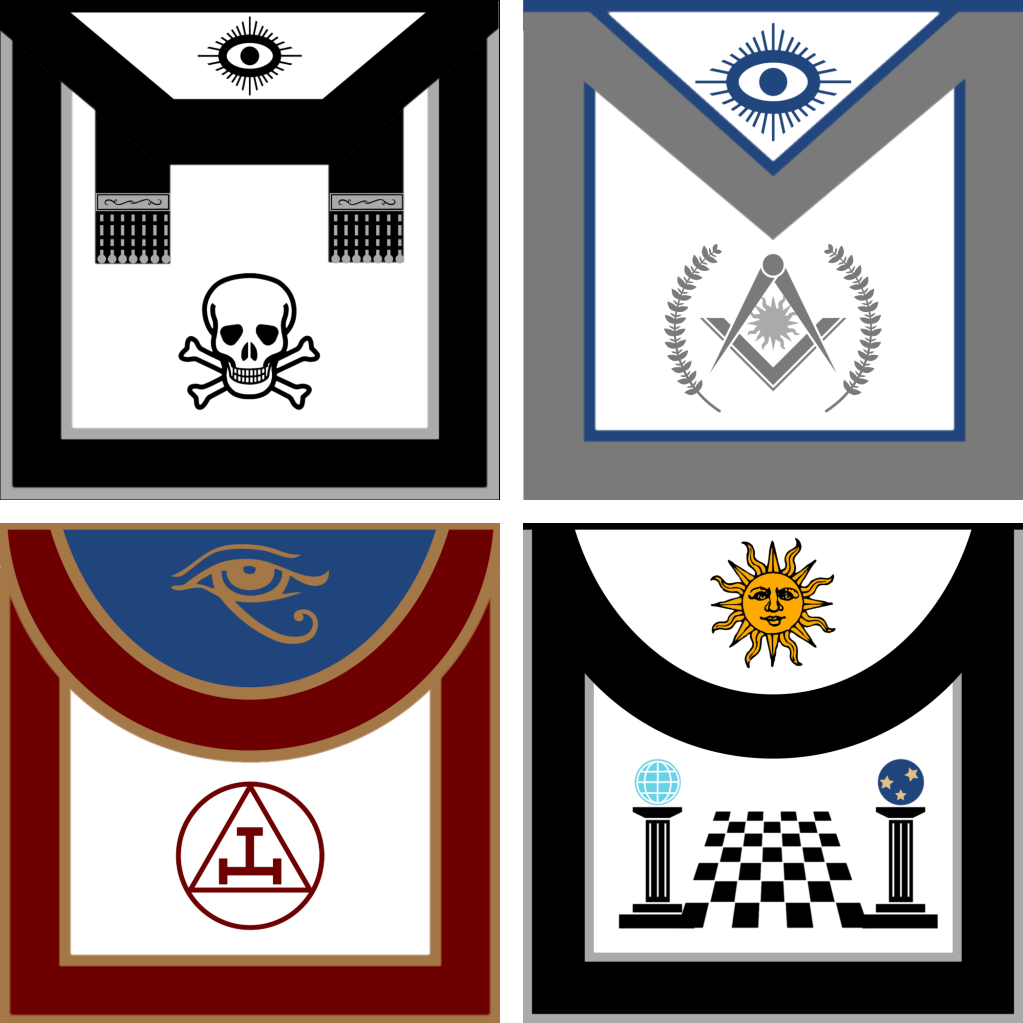


Each NFT includes the JPEG image plus a full size masonic apron and shipping worldwide
